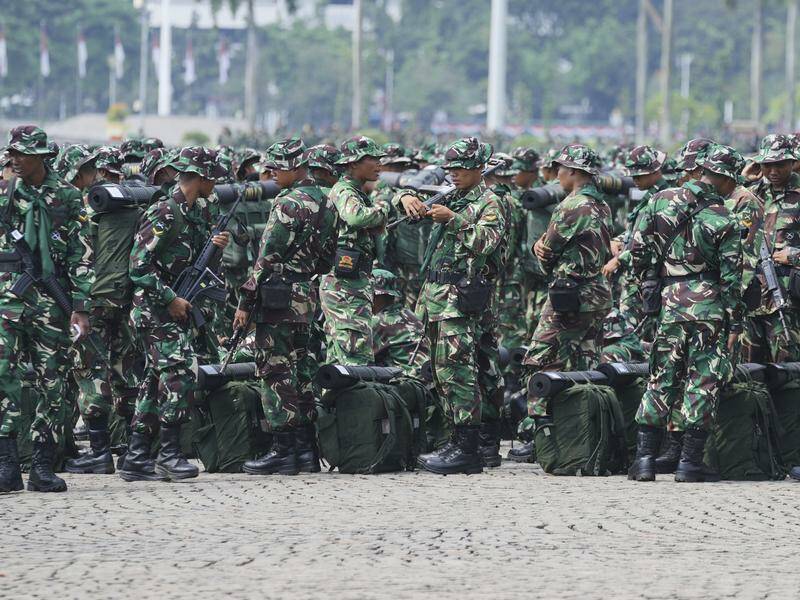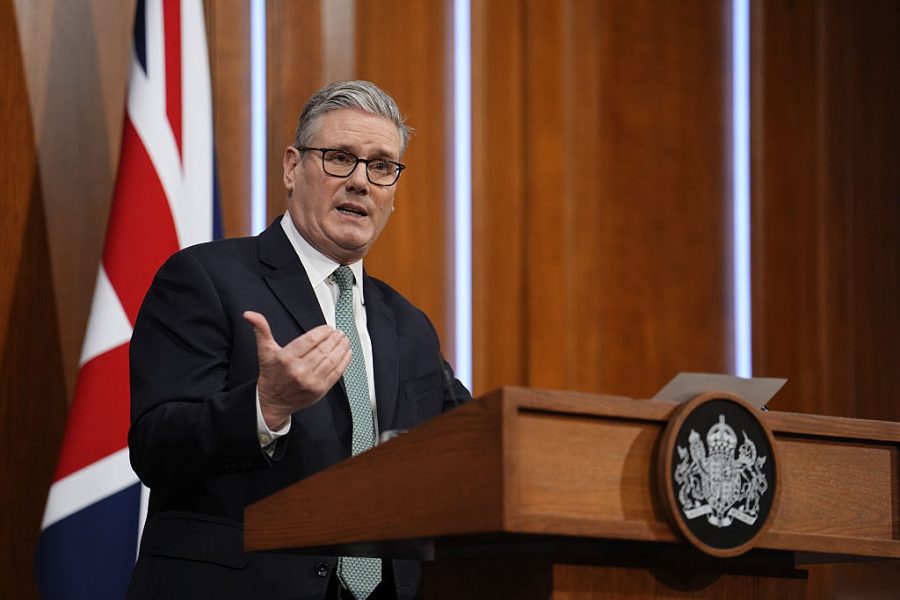
Hundreds of students have taken to the streets across major Indonesian cities, defying the risks of a crackdown on protests after deadly riots over the weekend resulted in eight fatalities. This unrest marks the most severe violence in Indonesia in over twenty years, igniting public outcry against government spending priorities that many citizens deem inequitable.
The protests began a week prior, fueled by widespread discontent regarding enhanced perks for lawmakers. Tensions escalated following the death of a motorcycle taxi driver, who was struck by a police vehicle. This incident prompted widespread rioting and looting, including attacks on the homes of political figures and the destruction of state buildings. This unrest poses the most significant challenge to President Prabowo Subianto since he assumed office nearly a year ago.
In a bid to quell the protests, President Prabowo announced on Sunday a reduction in lawmakers’ perks. Despite this concession, he warned that security forces would respond firmly to maintain order. The heavy military presence in the capital, Jakarta, led some protest organizers to postpone planned demonstrations. Nonetheless, student activists gathered in Jakarta, as well as in the cultural hub of Yogyakarta and in Makassar, where the most intense violence occurred, resulting in at least four deaths from arson and mob actions.
One student leader from Makassar State University, known only as Syamry, expressed frustration over the government’s response. “The President’s statement yesterday did not accommodate demands from students and civil society,” Syamry stated. He emphasized that students are also advocating for more profound reforms within the police force.
The unrest has unsettled financial markets, with the Jakarta stock exchange experiencing a decline of over three percent during early trading on Monday before recovering slightly. Earlier, students and civil society groups had called off protests in the capital. According to Jakarta’s police chief, more than 1,200 protesters had been detained during the unrest.
The Alliance of Indonesian Women, a coalition of women-led civil society groups, announced a postponement of planned protests at the parliament to avoid potential clashes with authorities. “The delay is done to avoid increased violent escalation by authorities … the delay takes place until the situations calm down,” the group stated in an Instagram post on Sunday.
In light of the situation, student groups also decided to postpone their protests, citing “very impossible conditions.” Military patrols were visible on major roads in Jakarta, where traffic was noticeably lighter as many businesses allowed employees to work from home and schools transitioned to online classes. Social media posts from some groups warned of misleading calls for protests and advised caution among demonstrators.
Finance Minister Sri Mulyani Indrawati confirmed via Instagram that she had been a victim of the looting. She urged citizens not to engage in theft and acknowledged the government’s shortcomings.
According to Jakarta’s governor, Pramono Anung, over 700 individuals sustained injuries during the protests, which caused infrastructure damages estimated at approximately $3.4 million. Chief Economic Minister Airlangga Hartarto reported that eight individuals had died in the protests, asserting that the economy remains fundamentally sound and will benefit from a forthcoming incentive package.
International ratings agency S&P noted on March 15, 2024, that while the protests are unlikely to escalate to a level that would undermine political stability, they may lead to necessary policy adjustments that increase fiscal burdens. The agency highlighted that a possible outcome could be increased social spending aimed at supporting middle- and lower-income groups, which may result in a higher fiscal deficit approaching the legal limit of three percent of GDP.






